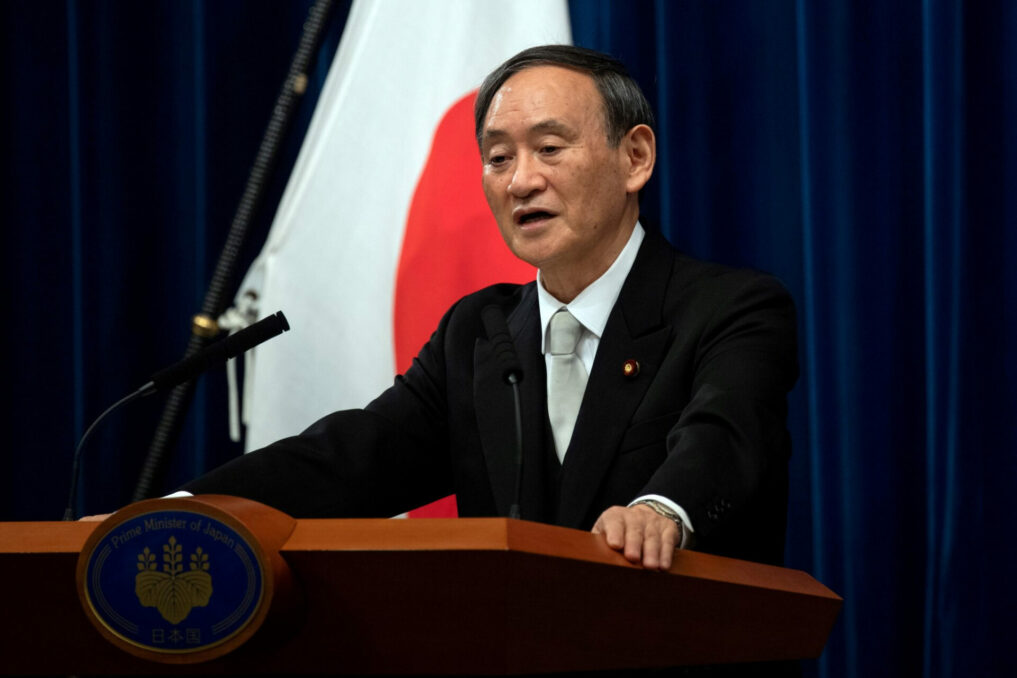Japan has given its approval to a significant amendment in its development aid strategy, which will prioritize maritime and economic security, as well as its national interests.
This policy shift aims to assist developing countries in overcoming various obstacles, particularly in the face of China’s increasing influence.
On Friday, Japan endorsed a significant amendment to its development aid policy, with a renewed emphasis on maritime and economic security, as well as safeguarding its national interests. The objective is to assist developing nations in overcoming multiple difficulties amidst the increasing global influence of China.
The revision of the Development Cooperation Charter, approved by Prime Minister Fumio Kishida’s Cabinet, occurred earlier than scheduled, as updates typically occur every 10 years and the last revision was in 2015. This highlights the pressing need to address mounting concerns regarding China, as well as other global issues like the consequences of Russia’s conflict in Ukraine.
National Security Strategy
In December, Japan implemented a new National Security Strategy, aiming to increase defence spending to 43 trillion yen ($310 billion) in the next five years to enhance its military capabilities. Due to existing fiscal constraints, Japan must utilize development aid more strategically and effectively.
As part of this new security strategy, Japan’s Foreign Ministry has initiated official security assistance, known as OSA, to support the military forces of developing nations primarily in the Indo-Pacific region.
The support is expected to include the supply of non-lethal equipment manufactured in Japan, such as radars, antennas, small patrol boats, and enhancements to infrastructure such as ports.
Ministry officials clarify that this approach differs from the assistance provided under the Development Cooperation Charter, which focuses on non-military cooperation and ensuring peace and prosperity while prioritizing human security as a fundamental principle.
In April, the Foreign Ministry allocated 571 billion yen ($4.1 billion) for development assistance unrelated to military purposes, along with an additional 2 billion yen ($15.2 million) specifically designated to enhance the national security capabilities of Indo-Pacific militaries that share similar perspectives.
As per the revised charter, Japan will give priority to various initiatives including addressing climate change, resolving food and energy crises resulting from Russia’s invasion of Ukraine and bolstering maritime security, resilient supply chains, and digital transformation.

The revised charter acknowledges that the international community is currently facing multiple interconnected crises, highlighting challenges such as climate change, infectious diseases, threats to the open and free international order and their impact on developing countries.
According to officials from the Foreign Ministry, the increasing challenges faced today have elevated the significance of development aid as a diplomatic tool. It is now crucial to engage in cooperation with countries in the Global South as equal partners to secure their agreement on crucial matters such as hostile actions displayed by Russia towards Ukraine, the increasing assertiveness of China’s challenges related to debt and development, and the pressing concern of climate change.
Countermeasures By Japan
Japan intends to collaborate with recipient nations as equals, aiming to establish shared social values and foster a cycle of growth within a rules-based free and open international order. This vision is advocated by Japan, the United States, and other democracies as a countermeasure against China.
Officials have expressed that Japan might offer financial support for the development of infrastructure ventures, like fisheries or tourism, in isolated islands located in the South China Sea or the South Pacific, to achieve this objective.
Several Southeast Asian countries are keen on maintaining a balanced approach in their associations with Japan and China, while simultaneously seeking greater benefits from both nations. The updated charter highlights the significance of collaborating with the private sector and civil society, as well as securing additional funding.
Japan aims to foster connections without placing undue pressure on other nations. Additionally, Japan aspires to assume a proactive role in establishing global regulations and principles as a donor country, emphasizing inclusivity, transparency, and fairness.
In contrast, China’s aid contributions in Africa and other regions have resulted in recipient countries becoming ensnared in debt, while granting the Chinese access to local ports and other infrastructure facilities.













